 Everyone likes organic when you're talking about carrots and bean sprouts, butorganic wine? That sounds like something fun was taken out, like diet soda orsafe sex. Don't worry -- all the alcohol is still there. It's made from the same grapes, in the same regions and in the same way wine has been made for thousands of years. All you might be missing are the chemical residues sometimes left over from conventional grape growing. You can live without those.
Everyone likes organic when you're talking about carrots and bean sprouts, butorganic wine? That sounds like something fun was taken out, like diet soda orsafe sex. Don't worry -- all the alcohol is still there. It's made from the same grapes, in the same regions and in the same way wine has been made for thousands of years. All you might be missing are the chemical residues sometimes left over from conventional grape growing. You can live without those.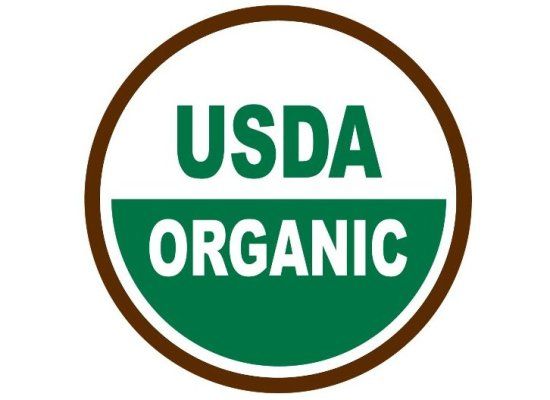
Everyone has their own idea about what organic should be, but the government decides the standards. Rules vary from country to country, so what's organic somewhere else might not be organic in the United States.
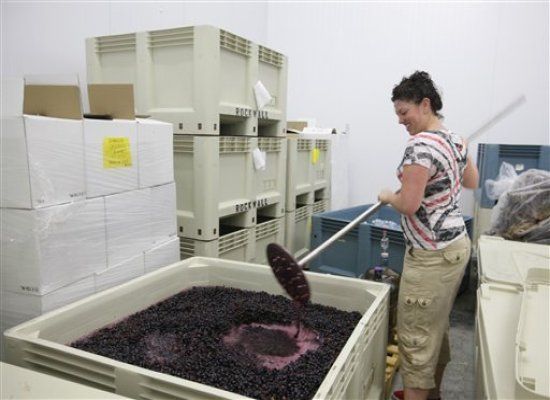
There are two
certifications for wine in the United States; Organic and Made From Organic Grapes. What's the difference? Sulfites.
Winemakers traditionally use tiny amounts of additional sulfur to help stabilize wines and prevent them from oxidizing. Many organic winemakers avoid this practice. Some people are also allergic to it. U.S. standards are on their side. If you see Organic on a wine label, that means there are no added sulfites.
The second label, Made From Organic Grapes, was created for wines that do have added sulfites.
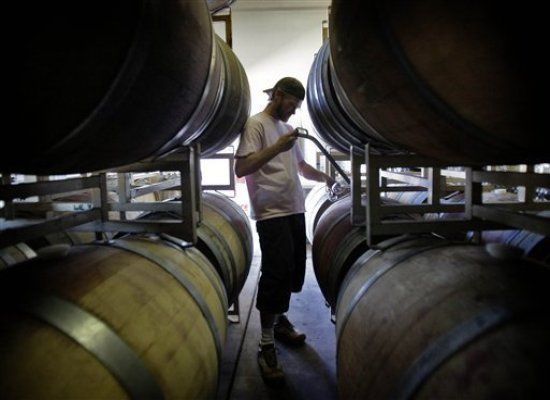 That's right. After all the trouble of growing organically, filling out paperwork and paying for certification, many wineries still choose not to put Organic anywhere on their label. Why? For the most part, these winemakers want to be known for making great wines and not for their methods. Being organic is not part of their marketing strategy.
That's right. After all the trouble of growing organically, filling out paperwork and paying for certification, many wineries still choose not to put Organic anywhere on their label. Why? For the most part, these winemakers want to be known for making great wines and not for their methods. Being organic is not part of their marketing strategy. Others fear wine stores may take them out of their proper section, and place them in the "organic ghetto" -- some floor shelf behind the counter next to the kosher wines. It gets lonely there.

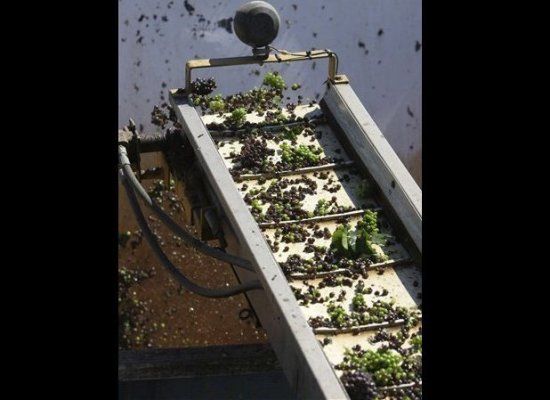
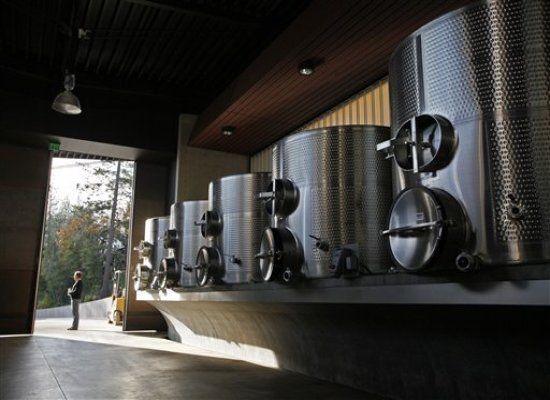










Δεν υπάρχουν σχόλια:
Δημοσίευση σχολίου
Εκφραστείτε ελεύθερα, πείτε ότι θέλετε αλλα μην βρίζετε χυδαία για να μην μπαίνουμε σε διαδικασία να σβήνουμε σχόλια, κάτι που δεν το θέλουμε!
Ευχαριστούμε...